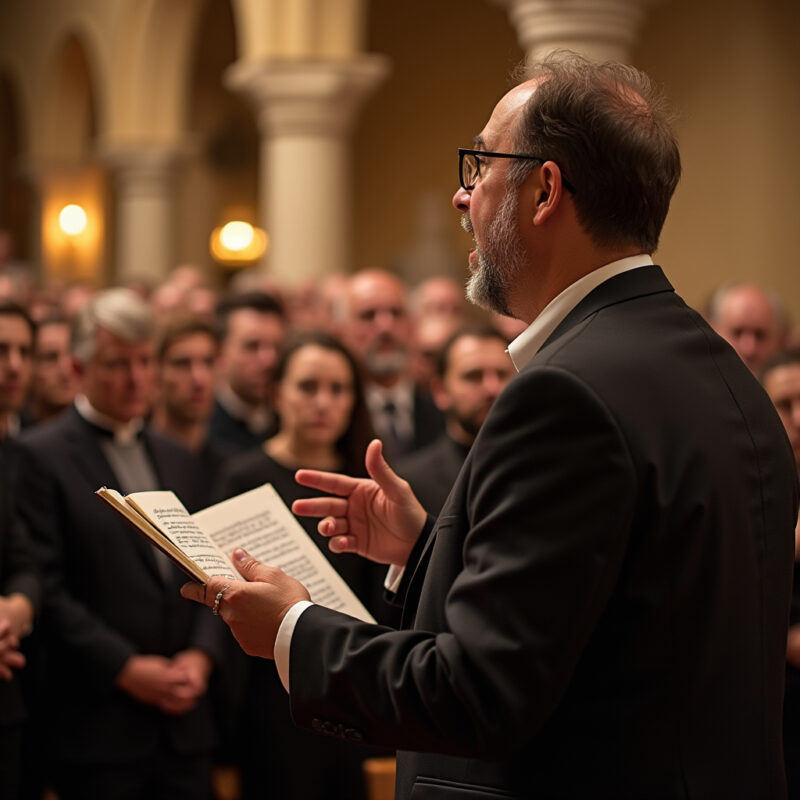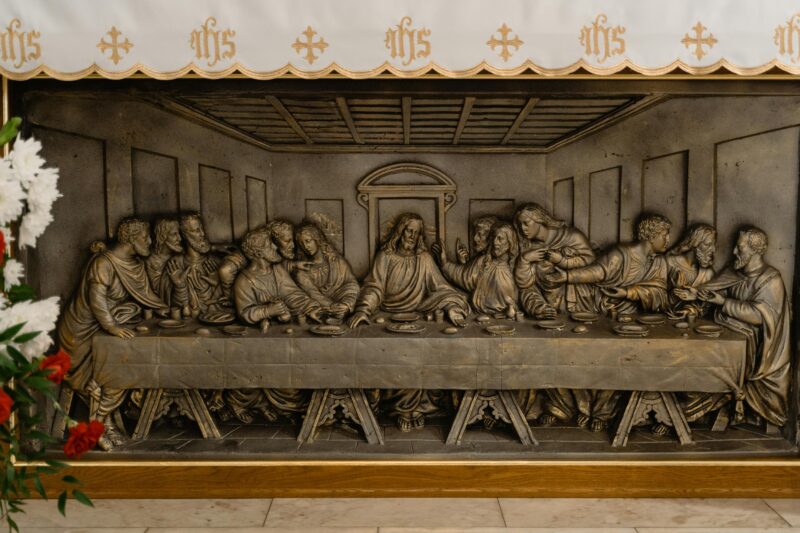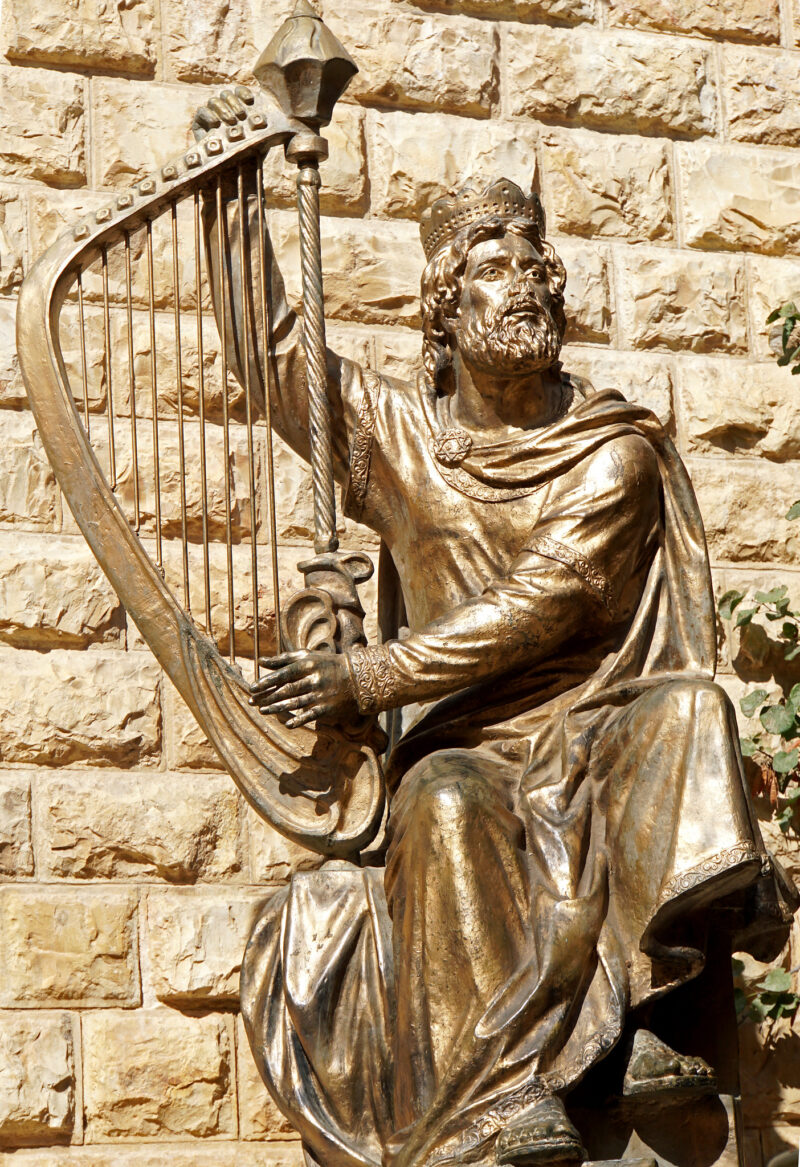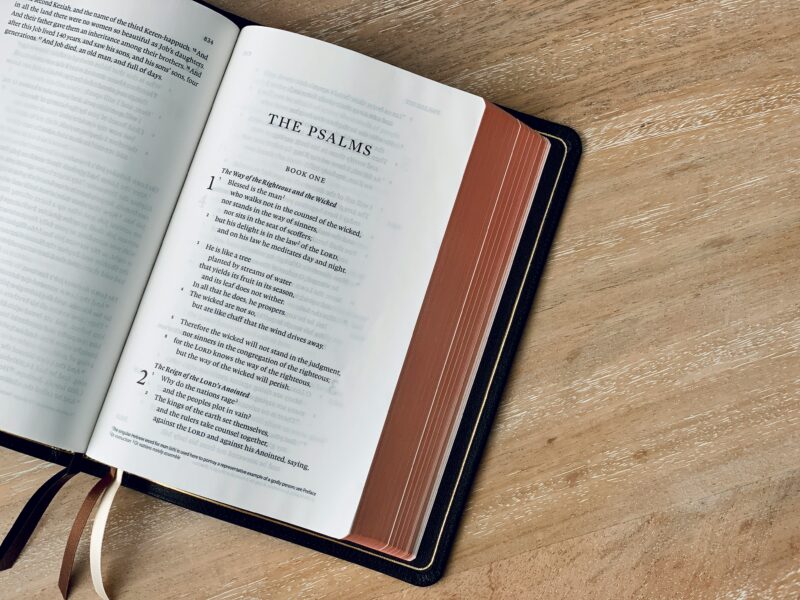This course explores stylistic approaches to organ playing from the Baroque to the Romantic periods, with a particular focus on liturgical application. Participants will learn the non-legato “ordinary” touch that was standard until the early 19th century, followed by the legato style that became prevalent thereafter. Practical sessions will include set pieces, appropriate registration techniques, and stylistic interpretation. The course also covers hymn harmonisation, training participants to add three lower parts to a melody. These skills support both liturgical responsibilities and the improvisational development of the church organist.
Organists and those interested to be, and choir leaders.
Target Audience Age: 18+
The course will take place on Wednesdays from 6:00pm to 8:00pm
| Date | Session | Venue |
| TBA | Stylistic elements of organ playing up to early 19th century – Part 1 | Archbishop’s Seminary |
| TBA | Stylistic elements of organ playing up to early 19th century – Part 2 | Archbishop’s Seminary |
| TBA | Stylistic elements of organ playing up from late 19th century onwards – Part 1 | Archbishop’s Seminary |
| TBA | Stylistic elements of organ playing up from late 19th century onwards – Part 2 | Archbishop’s Seminary |
| TBA | Harmonisation at the organ – Part 1 | Archbishop’s Seminary |
| TBA | Harmonisation at the organ – Part 2 | Archbishop’s Seminary |
Session 1 and 2: Stylistic elements of organ playing up to early 19th century
Legato, or “ordinary” touch, was the standard technique for organ playing until the 19th century. Course participants will be guided in applying this touch with both hands and feet through the practice of selected pieces from the Baroque repertoire. The recommended registrations for these pieces will also be explained.
Session 3 and 4: Stylistic elements of organ playing up from late 19th century onwards
From the late 19th century, the legato touch became the standard approach in organ performance. Participants will learn how to apply this technique for both hands and feet by practising selected works from the Romantic period. Guidance will also be provided on appropriate registration choices for this style.
Session 5 and 6: Harmonisation at the organ
A key responsibility of a church organist is the ability to harmonise hymns at sight. In these sessions, participants will be taught how to harmonise a melody by adding three lower parts. In addition to their practical application in hymn playing, these skills will also support the development of improvisation techniques.
This course has three exit certificate options:
1. Certificate of Attendance
The student will receive a Certificate of Attendance when attending a minimum 80% of all contact hours for this course.
2. Certificate of Participation
The student will receive a Certificate of Participation when sitting and successfully compete and pass the short multiple-choice questions online exam which will be available on the Moodle platform.
3. Certificate of Achievement
The student will receive a Certificate of Achievement when attending a minimum of 80% of all contact hours for this course, as well as after passing a short practical examination and viva session.
This course is delivered by the Akkademja tal-Mużika Sagra Francesco Azzopardi in collaboration with the Pastoral Formation Institute.


Applicants must be proficient in both Maltese and English. They must also have a minimum of grade 6 standard in a keyboard instrument (piano or organ).
A copy of the certificate indicating achievement of minimum grade 6 standard must be uploaded in the application form below.











